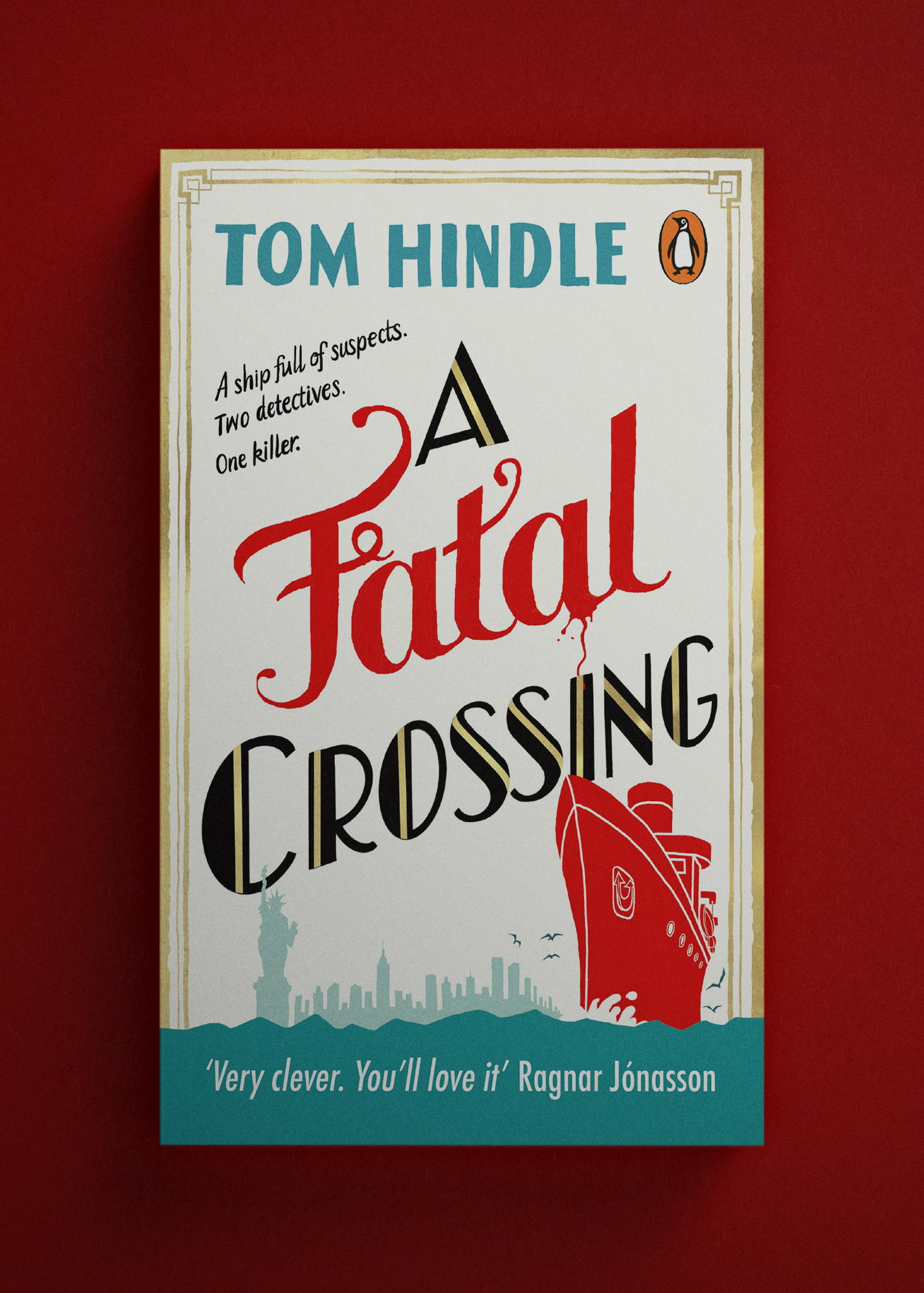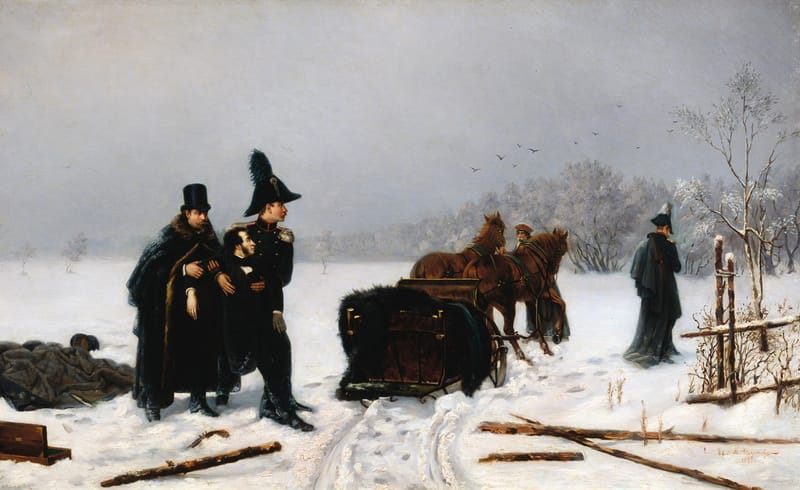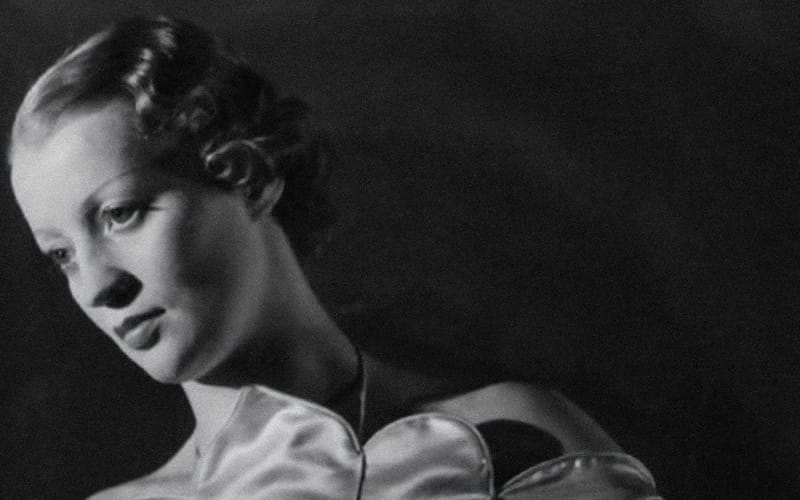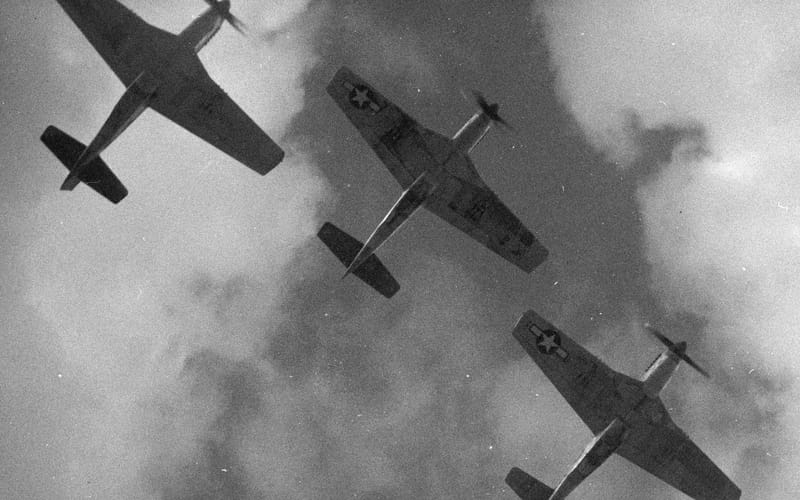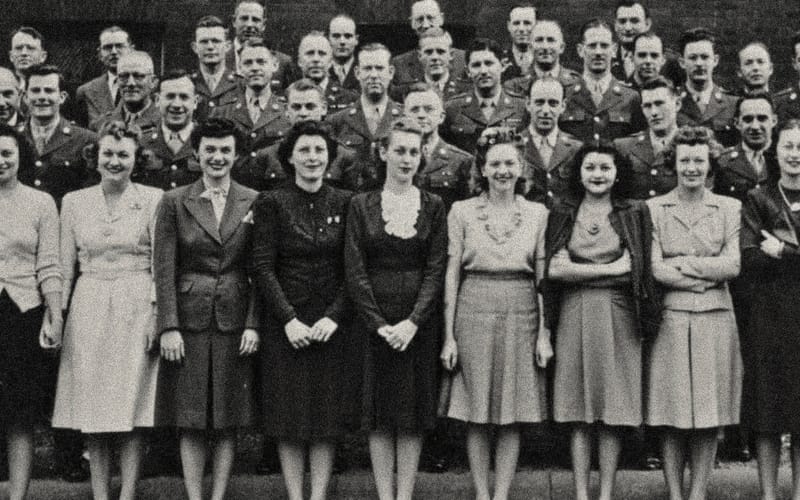Excerpt: A Fatal Crossing by Tom Hindle
A ship full of suspects. Two detectives. One killer
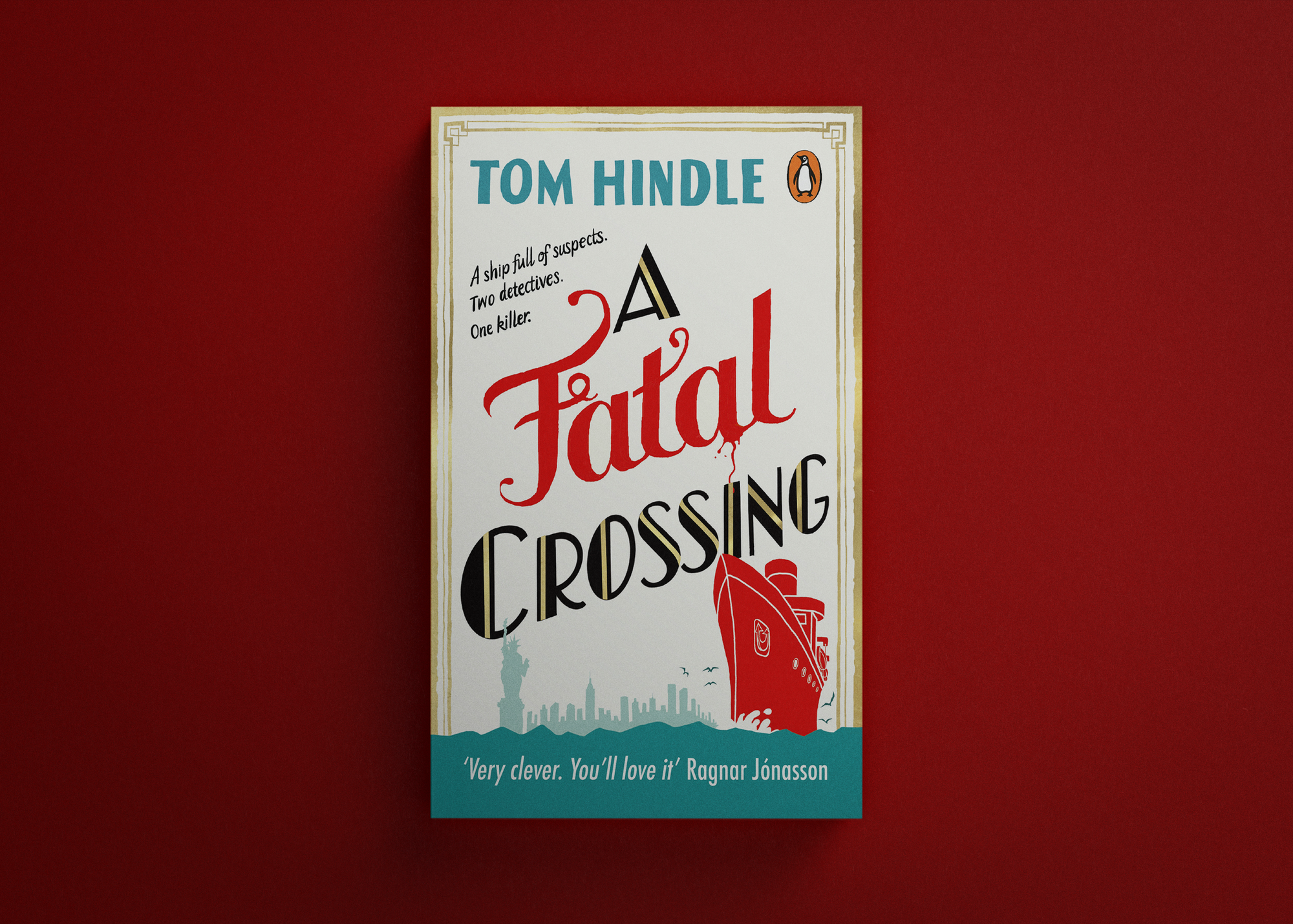
November, 1924. When an elderly gentleman is found dead on the Endeavour from Southampton to New York, ship’s officer Timothy Birch is ready to declare it a tragic accident. But James Temple, a strong-minded Scotland Yard inspector, is certain there is more to this misfortune than meets the eye.
Birch agrees to investigate, and the trail quickly leads to the theft of a priceless painting. Its very existence is known only to its owner … and the dead man.
With just days remaining until they reach New York, and even Temple’s purpose on board the Endeavour proving increasingly suspicious, Birch’s search for the culprit is fraught with danger.
And all the while, the passengers continue to roam the ship with a killer in their midst…
With an exclusive foreword for Unseen Histories by Tom Hindle

In my debut novel, ⇲ A Fatal Crossing, we board the Endeavour, a cruise liner bound for New York during the winter of 1924. When an elderly gentleman is found dead, midway through the voyage, the captain is ready to declare it a tragic accident. But among the Endeavour’s two-thousand passengers is Temple, a Scotland Yard police inspector. Travelling to New York on business he is determined not to share, he demands to conduct a precautionary investigation. The captain relents, on the condition that Temple is accompanied by ship’s officer, Timothy Birch.
Through Birch’s eyes, we explore all the roaring twenties has to offer. From the glitz and glamour of the Endeavour’s first-class deck, to the sound of a jazz record crackling from the gramophone in the officers’ quarters. While the story takes place almost entirely at sea, we hear plenty about the misdemeanours of a vicious American gang, many of which gained prominence during the twenties as a result of prohibition. In Birch, meanwhile, we meet a narrator grappling with his experiences from the First World War.
I hope you find plenty in these pages to enjoy. A golden age whodunit is something I adore, so it’s a joy to be able to share my own with you. As you follow Temple and Birch on their investigation, I hope you’ll feel transported to this glittering period in history. And of course, I hope the twists and turns will keep you guessing, right up until the very last page. After all, there is a murderer to unmask...
— Tom Hindle
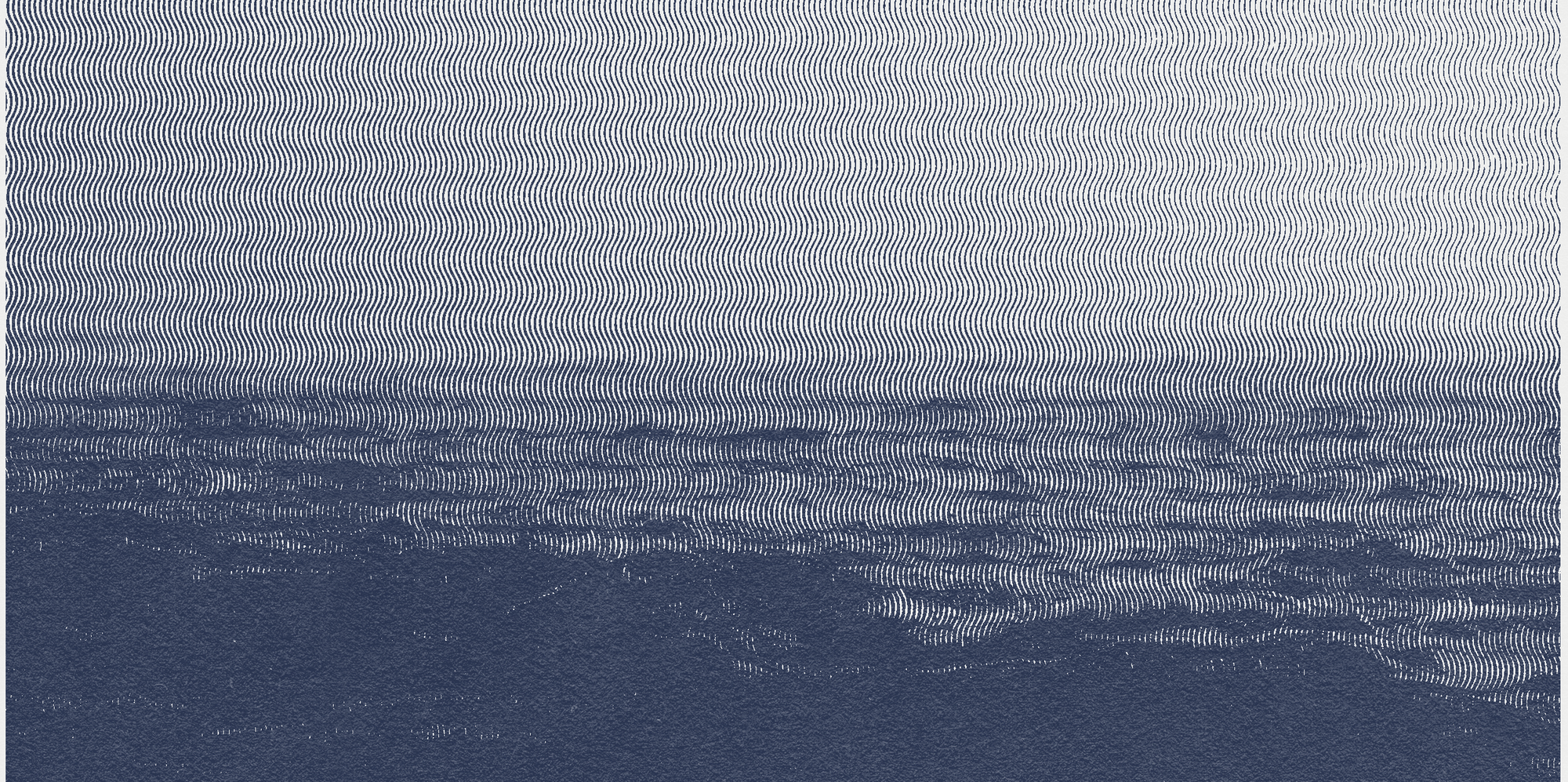

Wednesday 12 November, 1924
An abridged excerpt from A Fatal Crossing by Tom Hindle
The rain fell all night. It poured relentlessly, hammering upon the Endeavour’s deck and rattling against her steel funnels. Still, she carved her way through the Atlantic. She might be slowed, but even in conditions as hostile as these, she could never be stopped. Stretching the best part of nine hundred feet from bow to stern, the lights from countless portholes glinted in the darkness. As long as her engines burned, she would continue defiantly on her path to New York.
Once the clouds were empty and had begun to part, a tired grey sun shimmered high in the sky. Rainwater clung to the foremast and dripped from the rigging, glistening in puddles upon the deck.
On a summer’s day, passengers would start emerging the moment the sun rose, those in first- and second-class keen to explore the ship, while their companions in third-class clambered simply to escape the confines of their own cramped cabins. They would stroll on the promenades that ran along the Endeavour’s flanks, lean upon the railings and look out to sea, or rush to claim the wooden benches on the main deck. But in the middle of November, there was less enthusiasm. Even in third-class, the prospect of staying in a warm cabin was a great deal more inviting than stepping outside into the winter chill.
The first passenger to appear on deck that morning was a small boy in a brown woollen jacket and shorts, followed by his mother.
The child had complained all night. He had been hungry. He had felt seasick. Watching him now, skipping happily up the starboard promenade, his mother knew that he had simply wanted to leave the cabin. The ships belonging to the Aurora Cruise Line were built for luxury rather than speed, and it was true that the Endeavour’s third-class quarters were more comfortable than the dingy conditions in which they had initially travelled from Russia to England. Even so, a cramped room shared with five other people, all of whom spoke different languages, was no place for a restless child.
Pulling her coat tightly around herself, she hurried after her son, calling for him to be careful as his shoes slipped and squeaked on the damp wood. Oblivious to her pleas, the boy ran the length of the deck, a neat row of portholes on his left and the Endeavour’s lifeboats lined up like sentries on his right. Heavy beads of rainwater dripped steadily through cracks in the deck above.
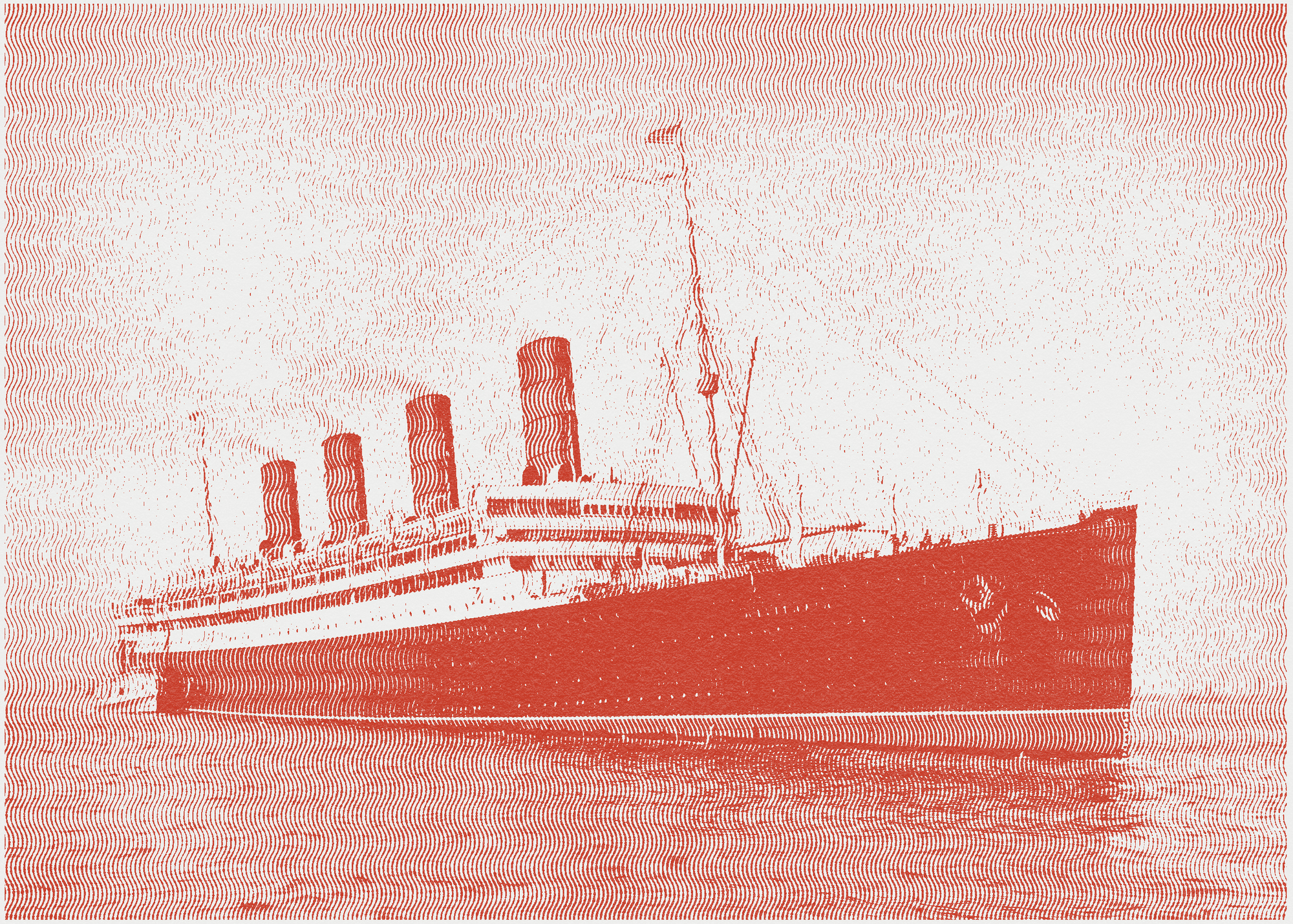
Without warning, the boy came skidding to a halt. Usually, when he reached the corner of a street he would turn around, hopping from one foot to another and beckoning her to catch up. This time, at the bottom of the companionway leading up to the second-class deck, he stood and stared. His mother was so taken aback that she, too, stopped as she tried to guess what could have transfixed him.
She had chance only to consider for a few seconds before her son began to scream.
She ran the last few metres, all fears of falling on the slippery deck gone. When she reached him, she seized him by the jacket and clutched him to her. Then, as she laid eyes on his discovery, she gasped in horror.
At the foot of the steps was the body of an elderly gentleman. Dressed in a sodden black suit, he looked as though he might just have been plucked from the ocean and dropped upon the deck. His skin was deathly pale, his thin white hair plastered to his scalp and his eyes staring vacantly towards the sky. Still grasping her trembling son, the woman dragged him away and began to cry for help.
Within moments, other passengers emerged from their cabins. None of them understood Russian, and so at first they looked irritable and confused. Still dressed in their nightclothes, a small number rubbed sleep from their eyes – but when they saw the body, a uniform expression of shock set in.
Some turned away, anxious not to be involved. Others came closer, eager for a better look. Those who wore them removed their flat caps, one man whistling and remarking to himself what a mess had been made. Another joked loudly that it seemed the toffs in first- and second-class didn’t even have the decency to die in their own sections of the ship. He was greeted with a small chorus of gruff laughter from the rowdiest of his companions, but it was perhaps a more astute observation than he realised. The gentleman lying on the deck was the only one wearing anything resembling a suit.
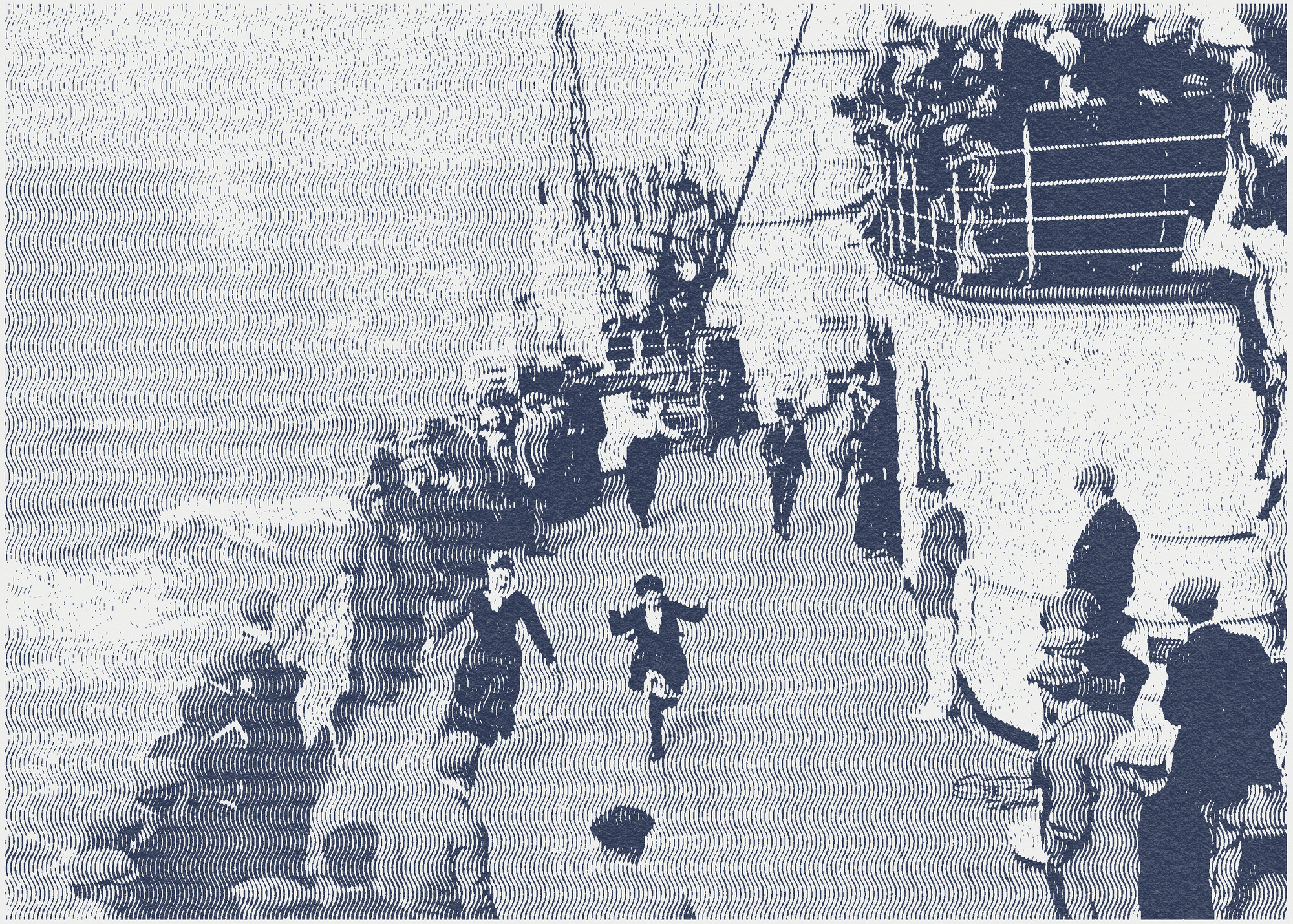
Within minutes, two of the ship’s officers came running, leather boots squeaking on the deck and black woollen coats billowing behind them. Upon seeing the body, the younger of the two took off his peaked cap and ran a hand through his hair. His colleague grasped him roughly by the arm and sent him to fetch help, before stepping towards the growing crowd of passengers, hands outstretched, calling out that there was nothing to see and asking them to move along.
His efforts were futile. By the time his companion returned with help, it seemed as though half of the passengers in third-class had turned out to investigate. Having either heard the screams or caught sight of the commotion outside their cabins, they jostled and strained their necks to see, gasping at the sight of the body and whispering to each other in hushed tones.
The officers tried in vain to move the thronging crowd along, while two porters placed the body on a stretcher that had been fetched from the ship’s infirmary and covered it with a sheet. But as the stretcher was lifted away, revealing the puddle of blood and rainwater upon which the man had lain, there came the cry that they had dreaded.
‘He’s been killed!’
Panic ensued immediately, the officers struggling hopelessly to calm the heaving, shrieking mob of passengers. Those who spoke English barged their way to the front, demanding an explanation as to exactly who had been killed and what was being done about it.
Despite the icy wind that was buffeting the deck, it would be a long while after the body was removed before the crowd finally dispersed and sought shelter. And even then, the officers knew better than to hope that they had heard the last of the morning’s proceedings.
They had no doubt of how quickly talk of this morbid discovery would spread among the Endeavour’s two thousand passengers and crew. Just as they knew how rapidly the firsthand reports would turn to gossip, each detail becoming embellished with every retelling.
They had four long days ahead of them before they docked in New York. Within hours, the ship would be rife with talk of death, blood and murder.

Mr Birch
I had already been awake for an hour when the knock came at my door. I was lying in my bunk, starting intently at a yellow ribbon that I held gently between my fingers.
In all honesty, it had been the best part of two years since I last enjoyed a full night’s sleep. Two years since I had managed to close my eyes and slumber peacefully. Of course, the memories were always there. The lingering sense of guilt never quite went away. But it was only at night – alone, in the darkness – that it truly revealed itself. No longer trailing like a shadow, but instead, looming overhead, as though taking on some physical form of its own.
Even when sleep did finally take me, there was no escape. I would wake – often several times each night – clammy and gasping in my bunk. This particular morning was no different. Jolting from sleep in the early hours, I scrambled for the ribbon and clutched it close.
Taking deep, soothing breaths, I felt the material between my fingers. It was a scrap of yellow velvet, worn so regularly that it had begun to fray slightly at one end. I pictured the way it used to flutter in Amelia’s hair. The way that Kate had always tied it so lovingly in a perfect little bow.
Slowly the panic faded and, as it always did, a numbness took its place. A sense of hopelessness that, if I let it, felt as though it could very well swallow me whole. Because it was my fault that I couldn’t sleep. My fault that all I had left of Amelia was a scrap of yellow ribbon. My fault that everything had gone wrong.
It was around quarter to eight when the knock came at my door, sharp and urgent. ‘Birch! Captain’s briefing. Fifteen minutes!’
Setting the ribbon down, I frowned. Captain McCrory was a man insistent upon punctuality. In my time on board the Endeavour, just shy of five years, his daily officers’ briefing had never once taken place other than at nine o’clock. Even during my year away, I’d often looked at the clock and known that somewhere in the Atlantic, the men were gathering for their morning ritual. Before I could call out a response, though, the speaker moved along, apparently interested neither in receiving a reply nor in giving an explanation.
Casting back the covers, I sat up on my bunk, and was greeted by a searing flash of pain. I had managed during the night to roll onto my right-hand side, and as I hauled myself from the mattress, the old wound in my shoulder throbbed.
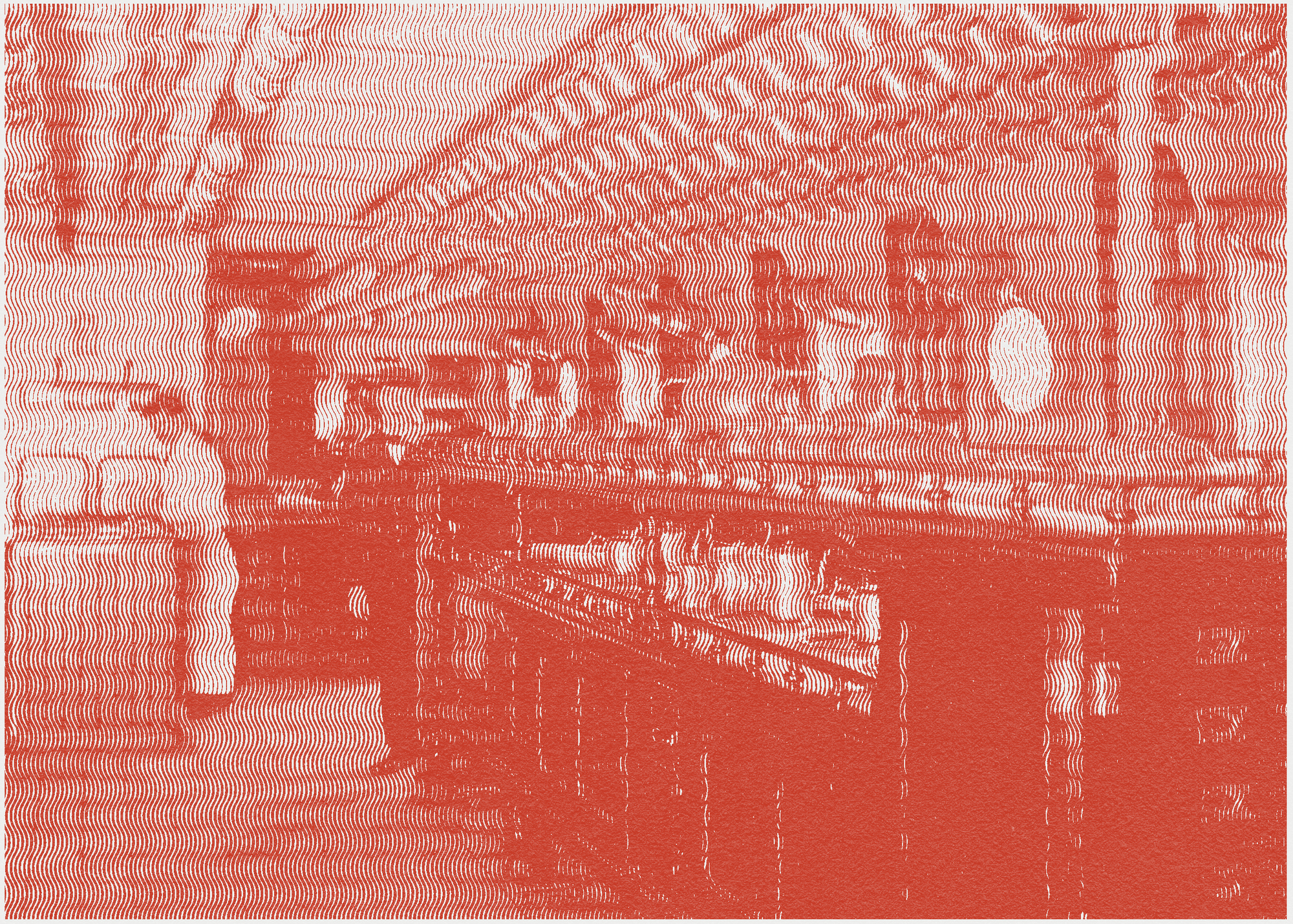
Gritting my teeth, I reached for the scar and brushed it with my fingertips. Somewhere in my memory, I heard the crack of rifles and the frantic cries of men scrambling for cover. I felt a sudden agony, burning white-hot in my shoulder as a German bullet found its mark. Blood staining my uniform, I remembered tumbling to the ground, before an American soldier seized me under the arms and dragged me roughly to safety.
Despite my best efforts, I didn’t suppose I would ever forget that day. Just like the scar, it seemed I would for ever carry it with me.
Screwing my eyes shut, I waited for the pain to subside. Then I flicked a switch on the wall, casting the room in a dull electric light, and dressed hurriedly in my officers’ uniform.
The Endeavour’s first- and second-class accommodation might very well be considered the peak of luxury, but the officers’ quarters were significantly less comfortable, and in the depths of winter, you felt it. We were situated halfway down the ship, barely above sea level, but with just enough decks between us and the engines that we failed to benefit from any of their residual warmth. What little heat there was, the cabin itself did nothing to retain. The carpet was rough and threadbare, the walls exposed metal.
Shivering, I donned a crisp white shirt with a black tie, long woollen coat and peaked cap. Last of all, I folded the yellow ribbon carefully and tucked it into the pocket of my coat.
I had thought on more than one occasion that it would be safer to leave it in my cabin, hidden away in a drawer perhaps. But I hadn’t yet found the strength to leave it behind. It was a piece of Amelia that I could still carry with me, a token of everything I intended to reclaim. Truthfully, I couldn’t bear to be apart from it.
By the time I arrived in the officers’ mess hall, the other men were already congregating, eating slices of toast and sipping from steaming mugs of tea and coffee. They barely looked up as I slipped into the room. It had become a habit, in the six months since my return to the Endeavour, to wait until they had all gathered before making my own arrival, unnoticed and unannounced. At the best of times, this was a simple task. A record would be playing on the gramophone, and there would be chatter and laughter as we prepared for our daily duties. That morning, however, was different, an air of hushed anticipation having settled over the room. Even though I would rarely join in, it was still an unsettling departure from the usual cheerful atmosphere.
‘Wilson,’ I said, seating myself beside a stocky fellow with cropped black hair.
‘Birch,’ he replied.
‘What’s this all about?’
Wilson shrugged. ‘Damned if I know.’ ■

A Fatal Crossing
Penguin, 21 July 2022
RRP: £14.99 | 464 pages | ISBN: 978-1529135695
November 1924. The Endeavour sets sail to New York with 2,000 passengers - and a killer - on board.
When an elderly gentleman is found dead at the foot of a staircase, ship's officer Timothy Birch is ready to declare it a tragic accident. But James Temple, a strong-minded Scotland Yard inspector, is certain there is more to this misfortune than meets the eye...
Birch agrees to investigate, and the trail quickly leads to the theft of a priceless painting. Its very existence is known only to its owner . . . and the dead man.
With just days remaining until they reach New York, and even Temple's purpose on board the Endeavour proving increasingly suspicious, Birch's search for the culprit is fraught with danger.
And all the while, the passengers continue to roam the ship with a killer in their midst.
"Twists and turns cartwheel towards a blindsiding finish.”" – Women's Weekly
"With twist after gut-punching twist, A Fatal Crossing really is an ingenious thriller." – M. W. Craven
"[A] perfectly executed homage to the Golden Age of crime, which features a deviously devised plot boasting a final twist worthy of Christie herself." – Anita Frank

Tom recommends:
⇲ Death on the Nile by Agatha Christie (Collins Crime Club, 1937)
Just like most other writers of whodunits, I’ve found myself heavily influenced by Agatha Christie. If you’re looking for more ship-bound mystery, where better to start than with this all-time classic from the Queen of Crime herself?
⇲ The Hound of the Baskervilles by Arthur Conan-Doyle (George Newnes Ltd, 1902)
Possibly my favourite crime novel, The Hound of the Baskervilles offers a captivating blend of murder mystery and supernatural horror. Regardless of whether you’re a fan of Holmes, everyone should read it at least once.
⇲ The Great Gatsby by F. Scott Fitzgerald (Charles Scribner’s Sons, 1925)
Another icon, The Great Gatsby was certainly an influence on my own writing, as I tried in my descriptions of life aboard the Endeavour to bring the ‘Jazz Age’ to life.
⇲ The Devil and the Dark Water by Stuart Turton (Raven Books, 2020)
A phenomenally entertaining mystery, in which a ship sailing from the Dutch East Indies to Amsterdam demon is stalked by a terrifying demon. Can the monster truly be real? One thing is certain: it leaves murder and mayhem whenever it strikes.
⇲ Murder Isn’t Easy: The Forensics of Agatha Christie by Carla Valentine (Sphere, 2021)
A fascinating account of Agatha Christie’s real-life forensic expertise, I would highly recommend this book to anyone with an interest in how she devised her many (many) murder mysteries.
Illustrative material for this excerpt is not necessarily included in the book.

Additional Credit
With thanks to Lauren Nicoll, Kate Burton and Arabella Watkiss at Faber.


